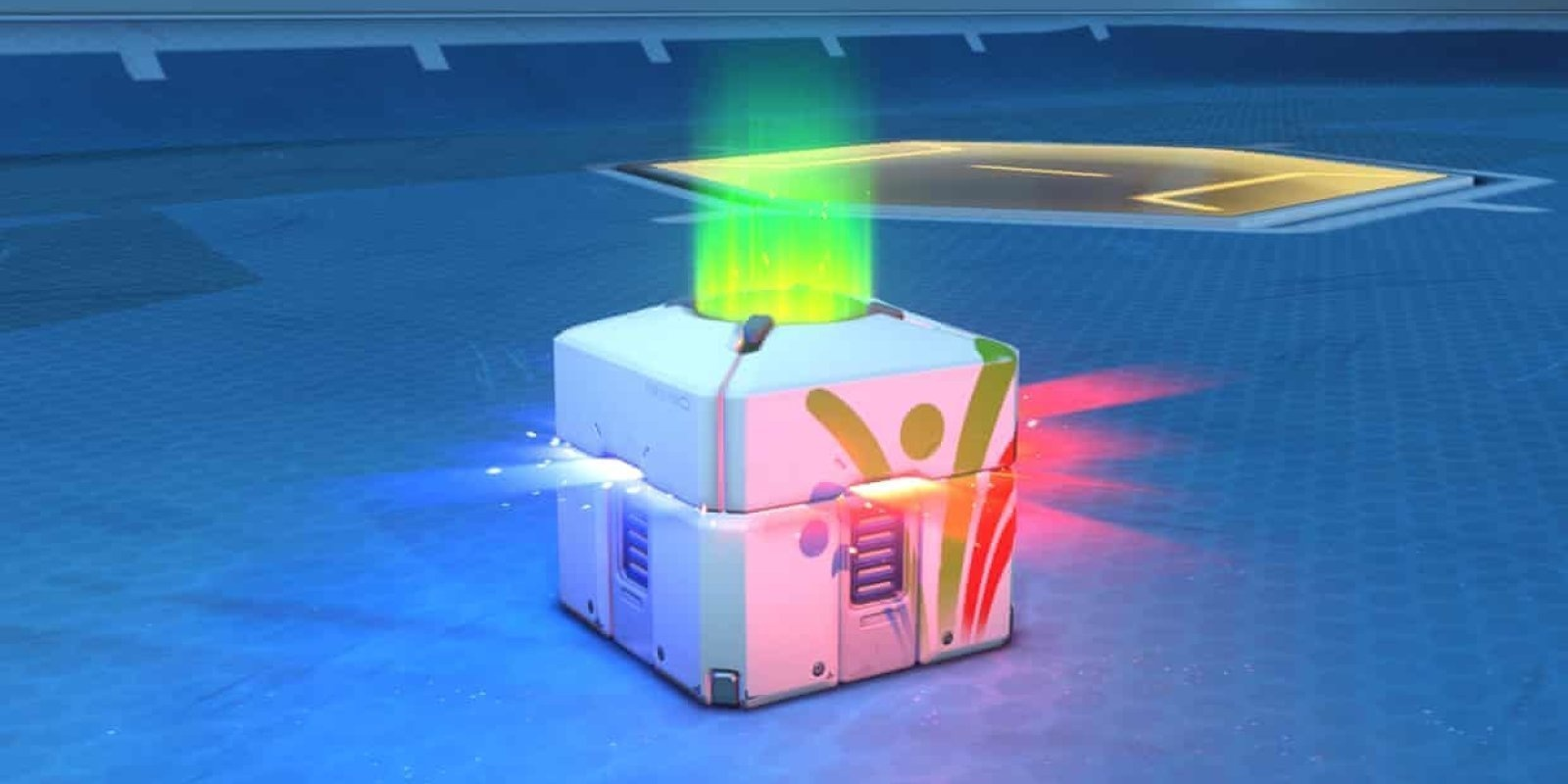The Federal Trade Commission held a summit last week on video game loot boxes, with special interest groups convened to discuss the impact the business practice has on consumers. One of the more notable results is the Entertainment Software Association announced it will disclose the odds of loot boxes in games that include them. Numerous publishers and developers, including Activision, Electronic Arts and Bethesda, have agreed to the new initiative. Most notable are Microsoft, Sony and Nintendo, whose endorsement may require video game publishers to adhere to the agreement in order to be released on their hardware. These changes are set to go into effect in 2020.
That's great news for those who oppose loot boxes and gambling mechanics. However, some are skeptical of the ESA's ability to impose self-regulation rules. The video games industry created these issues in the first place. Activision really started the loot box craze with Overwatch and, as recently as two weeks ago, the company included them in Crash Team Racing: Nitro-Fueled, a remake of a 20-year-old game. Can the industry that made this mess be trusted to clean up after itself?
RELATED: What the FTC Loot Box Summit Could Mean For the Video Game Industry
The ESRB Works ... More or Less
In all fairness, there is a precedence for the ESA being able to regulate the industry itself, and it's something it continues to do. The Entertainment Software Ratings Board, or ESRB, which is overseen by the ESA, was established in 1994 following U.S. Senate hearings about video games violence. The ESRB has done a good job informing consumers about the content within titles. It's widely viewed as better than other, similar ratings systems, such as those established by the Motion Picture Association of America and the Recording Industry Association of America.
However, there recently have been cracks in the ESRB, in part due to the onslaught of loot boxes. Because of downloadable updates and DLC, some companies have added loot boxes months after a game has been released. That's a massive issue, as it is often too late to be able to add warning labels or change the rating of a title. The game is already purchased, and all of the issues that loot boxes present are now there, but with none of the warnings. That also allows companies to bypass potentially negative press, as the games have already been reviewed.
Third-Party Regulation?
The question of third-party regulation is certainly worth asking. Perhaps the answer is to give the video games industry the benefit of the doubt, as we've not seen what it will do on its own. If the federal government were to regulate loot boxes, it would likely classify them as gambling, which would trigger a litany of rules. But perhaps there's a third option. An informed third party could be tasked with regulation. That would allow for no conflicts of interest on the industry's part, and would prevent misinformed decisions by lawmakers.
One thing that's positive about this announcement is that something has to been different. It's clear now that the method by which loot boxes were being implemented wasn't acceptable. That means there will be change; what form that takes remains to be seen.
KEEP READING: Missouri Senator Wants to Ban Video Game Loot Boxes

